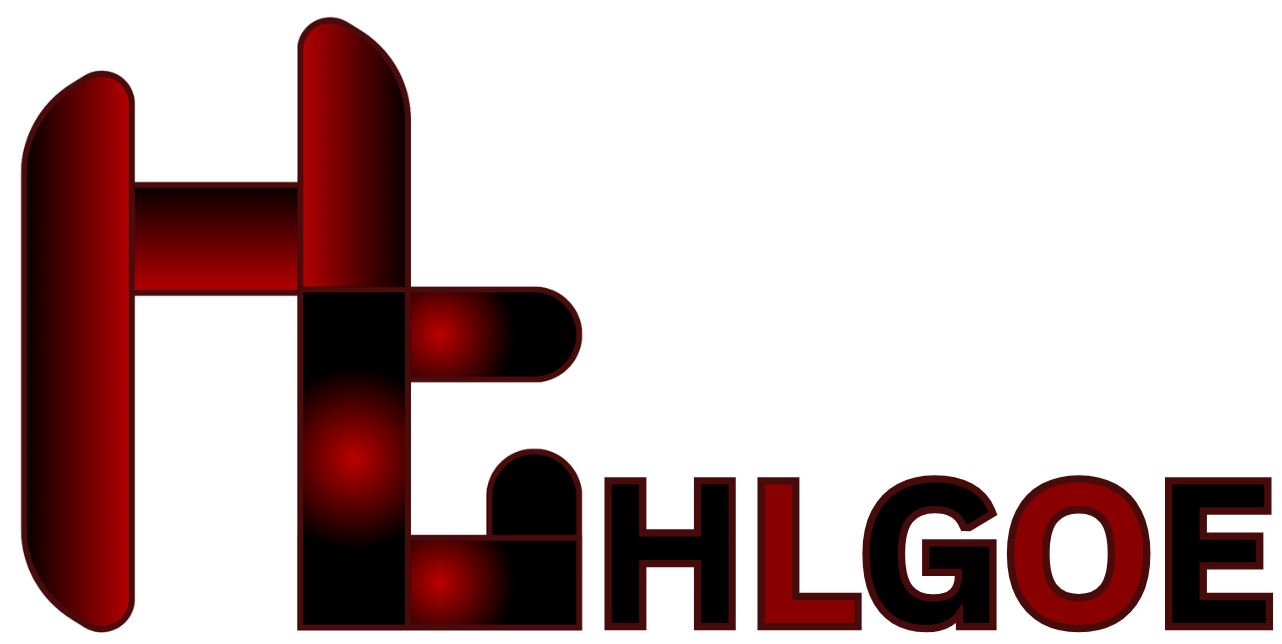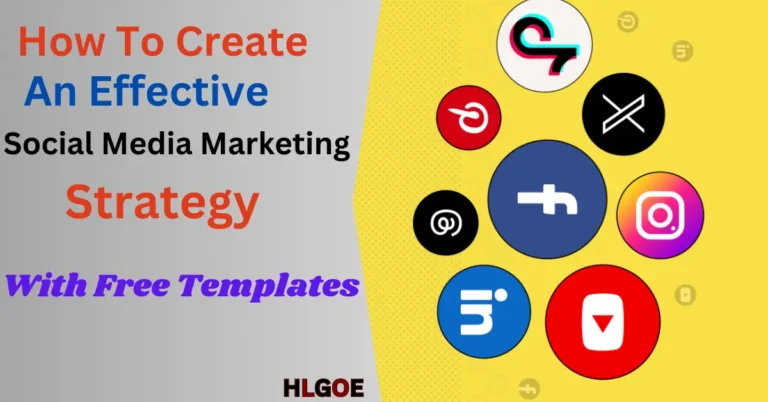How to Build a Strong Personal Brand to Advance Your Career
Discover how to build a strong personal brand to stand out in the job market and boost career advancement. Learn actionable strategies for personal branding, professional growth, and enhancing visibility. Position yourself as a leader in your field with our comprehensive guide to developing a unique, impactful brand that opens doors to endless career opportunities.
Why Personal Branding Matters in Career Advancement
Personal branding is the practice of marketing yourself and your career as a brand. It’s about showcasing your skills, experiences, values, and unique traits in a way that resonates with your target audience, whether that’s employers, clients, or industry peers. Here’s why personal branding is crucial for career advancement and professional growth:
Differentiation: A strong personal brand sets you apart from competitors in your field.Credibility: A consistent and authentic brand builds trust and establishes you as a reliable professional.Visibility: Effective branding increases your presence in your industry, helping potential employers or clients find you.Opportunities: A strong brand can lead to job offers, speaking engagements, collaborations, and more.
By strategically developing your personal brand, you control the narrative about who you are and what you bring to the table.
Define Your Personal Brand Identity
The first step to building a strong personal brand is understanding who you are and what you stand for. This requires introspection and clarity on the following aspects:
(1). Identify Your Unique Value Proposition
What makes you different? Consider your skills, experiences, and personal qualities that set you apart. Ask yourself:
- What are my core strengths?
- What achievements am I most proud of?
- What problems can I solve better than others?
Your unique value proposition should answer the question: Why should someone choose you over others?
(2) Clarify Your Career Goals
A personal brand without direction is like a ship without a rudder. Define where you want your career to go:
- Are you aiming for a leadership role?
- Do you want to transition into a new industry?
- Are you building a reputation as a thought leader?
Your goals will shape how you present yourself and what aspects of your brand you emphasize.
(3). Understand Your Target Audience
Who do you want to influence with your personal brand? This could be hiring managers, industry peers, or potential clients. Understand their needs, challenges, and what they value in a professional.
Build Your Personal Brand Step-by-Step
Once you’ve defined your brand identity, it’s time to bring it to life. Here are actionable steps to establish and grow your personal brand.
1. Craft a Professional Online Presence
In the digital age, your online presence often serves as the first impression. Ensure it reflects your brand:
- LinkedIn Profile: Optimize your LinkedIn profile with a professional headshot, compelling headline, and keyword-rich summary. Share your achievements, skills, and endorsements.
- Personal Website or Portfolio: Create a website showcasing your work, testimonials, and professional bio. It’s a central hub for your brand and makes you more discoverable.
- Social Media Platforms: Choose platforms relevant to your industry and maintain a consistent tone and visual identity. For instance, Twitter and LinkedIn are excellent for thought leadership, while Instagram might suit creatives.
2. Develop and Share High-Value Content
Position yourself as a knowledgeable and reliable professional by creating and sharing content that adds value to your audience:
- Blogging: Write articles on topics related to your expertise.
- Videos and Webinars: Share insights through engaging video content.
- Speaking Engagements: Speak at industry events or on podcasts.
Content marketing not only showcases your knowledge but also increases your visibility.
3. Network Strategically
Building a network is an essential part of personal branding. Focus on cultivating genuine relationships:
- Attend Industry Events: Meet professionals in your field and exchange ideas.
- Engage Online: Comment on posts, share insights, and join professional groups.
- Collaborate: Partner with others on projects, panels, or articles.
Networking isn’t just about gaining opportunities—it’s about building mutually beneficial relationships.
4. Seek Feedback and Refine
Your brand is a work in progress. Regularly seek feedback from mentors, peers, or industry experts and adjust your strategies accordingly.
Align Personal Branding with Career Advancement
Your personal brand should directly support your career advancement goals. Here’s how to align the two:
1. Tailor Your Brand for Job Applications
When applying for a role, customize your resume, LinkedIn profile, and other materials to highlight experiences and skills relevant to the job.
2. Showcase Your Achievements
Use storytelling to highlight your career milestones. Share case studies, client testimonials, or metrics that illustrate your impact.
3. Develop Thought Leadership
Being seen as a thought leader boosts your professional growth. Publish articles, speak at conferences, and contribute to discussions in your niche.
4. Stay Consistent
Consistency is key to personal branding. Ensure your online presence, communications, and offline persona align with your defined brand identity.
Overcome Common Personal Branding Challenges
As you build your brand, you may face obstacles. Here’s how to address them:
- Fear of Self-Promotion: Focus on the value you provide rather than feeling boastful.
- Time Constraints: Dedicate a set amount of time each week to branding activities.
- Evolving Goals: Update your brand as your career progresses or goals change.
Measuring the Success of Your Personal Brand
It’s important to track the effectiveness of your branding efforts. Here are key metrics to monitor:
- Online Engagement: Track followers, likes, shares, and comments on social platforms.
- Website Analytics: Monitor traffic, time spent on your site, and visitor demographics.
- Opportunities: Count job offers, speaking invitations, or client inquiries generated from your brand.
Regularly review these metrics and adjust your strategies for continuous improvement.
Conclusion
Building a strong personal brand is a powerful tool for career advancement and professional growth. It’s about showcasing your unique value, building credibility, and connecting with the right audience. By following the steps outlined in this guide—defining your identity, building an online presence, sharing valuable content, and aligning your brand with career goals—you can create a personal brand that sets you apart and opens doors to endless opportunities.
Frequently Asked Questions About How to Build a Strong Personal Brand to Advance Your Career
What is personal branding, and why is it important?
Personal branding is the practice of marketing yourself as a professional to showcase your skills, experiences, values, and unique qualities. It’s important because it helps you stand out in a competitive job market, build credibility, and attract opportunities for career advancement and professional growth.
How can I identify my unique value proposition?
To identify your unique value proposition, reflect on your strengths, skills, and achievements. Ask yourself:
- What am I exceptionally good at?
- What feedback do I often receive from colleagues or clients?
- What problems can I solve better than others in my field?
These insights will help you define what makes you unique and valuable.
Do I need a personal website for personal branding?
While not mandatory, a personal website is a powerful tool for personal branding. It serves as a central hub to showcase your work, achievements, testimonials, and professional bio. A well-designed website enhances your online presence and makes you more discoverable.
How can I stay consistent with my personal brand across platforms?
To maintain consistency:
Use the same professional photo, tone, and language across platforms.
Align your messaging with your career goals and values.
Regularly update your profiles and ensure they reflect your latest achievements and expertise.
Consistency reinforces your brand identity and builds trust with your audience.
How long does it take to see results from personal branding efforts?
Building a strong personal brand is a long-term process, and the timeline varies. You may start seeing increased visibility and engagement within months, but significant results, such as career advancements or high-profile opportunities, can take longer. Consistency and persistence are key to achieving lasting impact.







